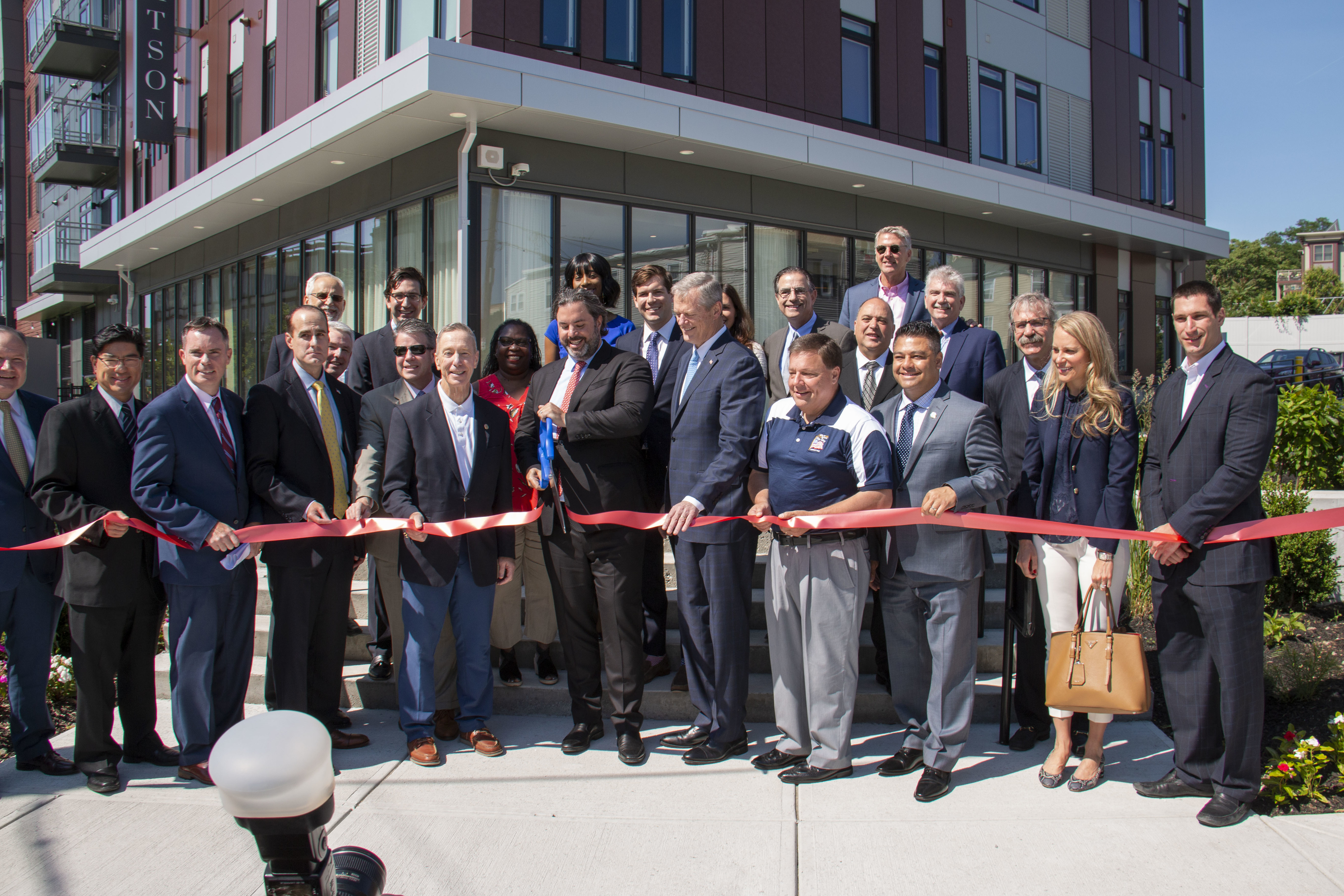CAPAC Members Mark Sixth Anniversary of Shelby County v. Holder
Washington, DC — Today marks the sixth anniversary of the Supreme Court’sShelby County v. Holder decision, which struck down key provisions of the Voting Rights Act of 1965. Members of the Congressional Asian Pacific American Caucus (CAPAC) released the following statements:
Congresswoman Judy Chu (CA-27), CAPAC Chair:
“Our democracy is built on the idea of one person, one vote. The Voting Rights Act of 1965 was enacted to ensure that standard remains in effect for all Americans, regardless of race, class, age, or language ability. But since the Supreme Court gutted key components of the Voting Rights Act in its Shelby County v. Holder decision, we have seen a wave of voter suppression efforts enacted to disenfranchise millions of Americans. This includes restrictive voter ID laws, polling location closures, denial of language assistance, voter roll purges, and restrictions on voter registration and early voting.
“These unfair practices disproportionately hurt Asian Americans and Pacific Islanders and other communities of color. This is why we must pass legislation to restore the Voting Rights Act and ensure that every U.S. citizen has equal access to the ballot box. As Chair of the Congressional Asian Pacific American Caucus, I am proud to support legislation to protect the scared right to vote and restore the integrity of our elections.”
Congressman Bobby Scott (VA-03), CAPAC Civil Rights Task Force Chair:
“Today marks six years since the disastrous Supreme Court decision in the Shelby County v. Holder case which struck down key provisions of the Voting Rights Act. The decision was a huge setback for voting rights and dismantled fundamental voter protections that had been in place for nearly 50 years. It has allowed states to engage in discriminatory practices that discourage minority voter turnout in elections, such as passing voter ID laws, closing polling stations and purging voter roles of eligible voters. Members of Congress must work together to restore the Voting Rights Act and ensure access to the ballot box for all Americans.”
Congressman Ro Khanna (CA-17):
“In the Shelby County v. Holder decision, the Supreme Court effectively legitimized the forms of voting intimidation and voter suppression that the Voting Rights Act of 1965 sought to eliminate. 6 years later, Asian American and Pacific Islander communities still vote at rates lower than the national average. My colleagues and I will continue to fight until every American is able to freely exercise their right to vote.”
Congresswoman Katherine Clark (MA-05):
“6 years ago, the Supreme Court delivered a significant blow to voting rights in Shelby County v. Holder by ruling that a key provision of the Voting Rights Act of 1965 was unconstitutional. Since Shelby, nearly two-dozen states and several municipalities have implemented restrictive voter ID laws, closed or consolidated polling places, shortened early voting, and imposed other measures to restrict voting and lower turnout. These discriminatory policies are designed to systematically disenfranchise people of color, the elderly, people with disabilities, members of the LGBTQ community, and low-income households. We need to ensure that the most fundamental right in our democracy – the right to vote – is protected.”
Congresswoman Carolyn Maloney (NY-12):
“The Shelby County v. Holder decision demonstrates why we need the For the People Act to ensure that all eligible voters are able to vote. No citizen should face obstacles in exercising this most basic American right.”
Congressman Scott Peters (CA-52):
“The right to vote is an essential part of our democracy. Sadly, the Shelby County v. Holder Supreme Court decision gutted the landmark Voting Rights Act of 1965 and weakened voter protections from discrimination, intimidation, and disenfranchisement. We must pass the Voting Rights Advancement Act to restore the protections of the Voting Rights Act, and undo the damage done by the Shelby County decision. The Senate must also pass H.R. 1 to expand voter protections and protect the American people’s right to vote in free and fair elections.”
Congresswoman Lucille Roybal-Allard (CA-40):
"Six years ago, the Supreme Court gutted the Voting Rights Act in its Shelby County v. Holder ruling. In a healthy democracy, all eligible voters must have full, fair, and easy access to the ballot box; sadly, the Shelby County ruling has made it harder, not easier, for some Americans to exercise their voting rights. I stand with my fellow Democrats in supporting the restoration of the Voting Rights Act, and protecting every eligible American's ability to get their ballot cast and counted."
Congresswoman Nydia Velazquez (NY-07):
“The right to vote is fundamental, yet to this day, the Supreme Court’s Shelby County v. Holder decision endorses racial discrimination to voting accessibility and threatens the integrity of our democracy. As the Representative of one of the most diverse districts in America, I have and will continue to advocate for voting rights so no voter is barred from the voting process. That’s why I proudly stand with CAPAC and the Congressional Voting Rights Caucus to end our voter suppression crisis. We must restore the democratic protections of the Voting Rights Act hastily gutted by Shelby County v. Holder so that our most vulnerable populations are not stripped of their constitutional right to vote.”
